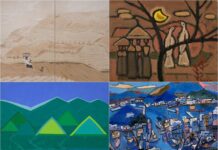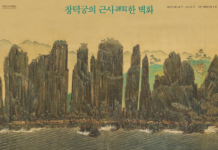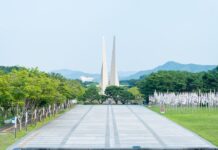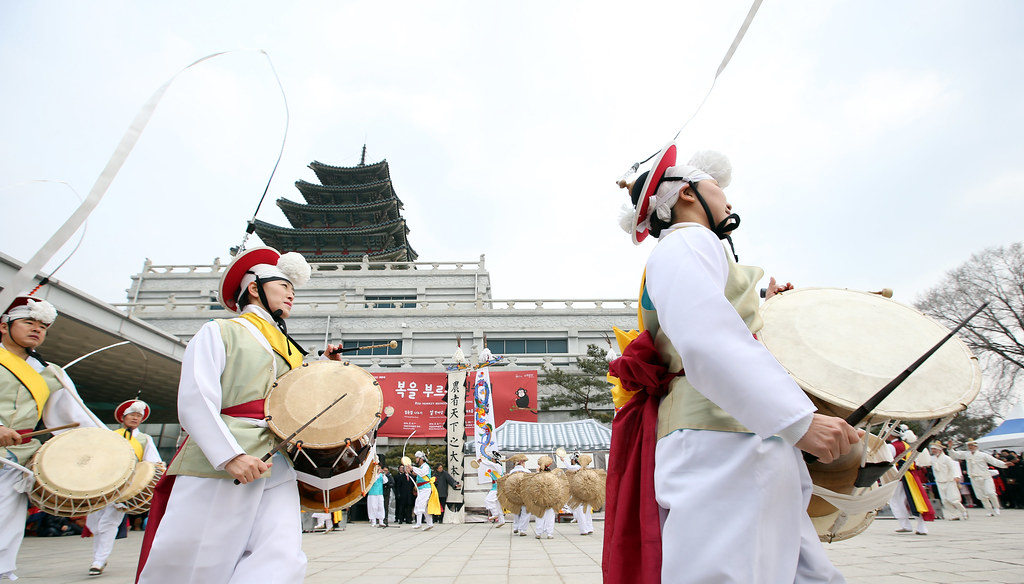
To mark Seollal (Lunar New Year), national and public facilities for culture and arts across the country and Korean Cultural Centers overseas will host a variety of events. (Korea.net DB)
By Kim Hyelin and Yoon Sojung
Seollal (Lunar New Year) is one of the two biggest holidays for Koreans. For non-Koreans, this is a prime chance to experience traditional Korean culture.
Despite the pandemic, an array of cultural events during the holiday period are being held in venues both in Korea and abroad. The following are among planned events in Seoul and vicinity and at Korean Cultural Centers (KCC) overseas to usher in Lunar New Year.
From Jan. 29 to Feb. 2, Korean Folk Village in Yongin, Gyeonggi-do Province, will host Seollal cultural events in which visitors can wear Hanbok (traditional clothing) and experience sebae (bowing to elders on Lunar New Year’s Day).
Those fluent in Korean can try fortunetelling services until Feb.20. On Seollal, Feb. 1, visitors can watch performances of gosa (traditional shamanistic ritual to prevent bad luck) and jisinbapsi (a custom of offering sacrifices to the earth god Jisin and wishing for good luck).
In Seoul, Unhyeongung Palace in the city’s Jongno-gu District from Jan. 31 to Feb. 2 will host folk game events featuring yunnori (a board game using four sticks) and jegichagi (kicking a shuttlecock).
Visitors to the National Folk Museum of Korea in the same district from Jan. 30 to Feb. 2 can receive a Seollal-themed envelope and a ray-shaped kite. The museum on Jan. 31 and Feb. 2 will show performances of jisinbapgi and gugak (traditional music).
In the city’s Yongsan-gu District, the National Museum of Korea is holding tiger-themed and other exhibitions such as “Monk Artisans of the Joseon Dynasty: Buddhist Sculptures and Paintings.” Most national or public art galleries and museums will be open except for Jan. 31 (Monday).
Those interested in attending these events are advised to check the museums’ websites to see if reservations are required amid social distancing measures to control the number of visitors.
The Ministry of Culture, Sports and Tourism from Jan. 28 through Feb. 6 will also run an online platform for Seollal-themed performances and exhibitions (https://www.culture.go.kr/home/index.do).
The Seoul Metropolitan Government will also show from Jan. 27 to Feb. 2 gugak performances on its culture-centric YouTube channel (https://www.youtube.com/c/culturetodak).
Around the world, KCCs will also host cultural events to celebrate Lunar New Year both online and offline.
The KCCs in South Africa and Egypt on Feb. 1 will host Seollal events like those for sampling tteokguk (rice cake soup) and playing traditional folk games.
The KCC in Mexico from Jan. 31 to Feb. 2 will host online cooking classes featuring popular dishes traditionally eaten on Seollal such as tteokguk, galbijjim (braised short ribs) and modeumjeon (assorted savory pancakes).
More information on Seollal-themed events is available on the website of each country’s KCC (http://www.kocis.go.kr/eng/openInformation.do).
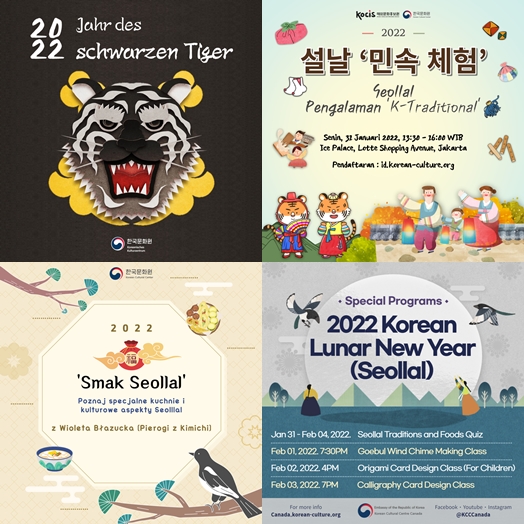
KCCs around the world will celebrate Lunar New Year through events. Shown are the posters of four KCCs around the globe. (KOCIS)
kimhyelin211@korea.kr




